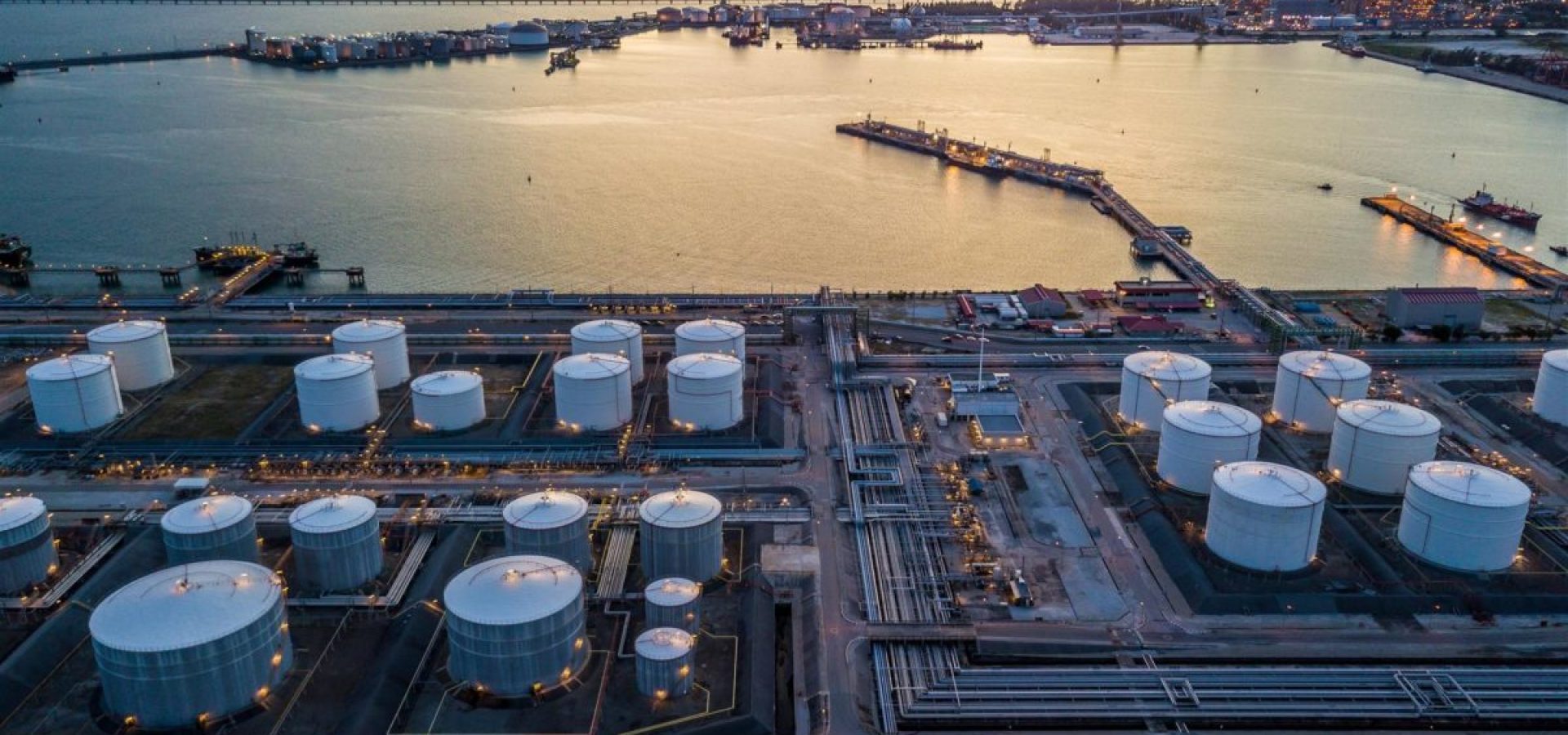Due to the fact that revenues from oil and gas exports are heavily based on global benchmark prices traded in dollars, analysts predict that sales of foreign currencies will cause the Russian ruble to increase, further decreasing Russia’s ruble income.
Russia’s efforts to plug its budget deficit by selling foreign currency reserves could create a vicious circle that raises the ruble and further reduces the Kremlin’s vital export revenues.
Russia’s finance ministry and central bank announced last week that they would resume foreign exchange market interventions for the first time in nearly a year, selling 54.5 billion rubles ($793 million) from the National Welfare Fund. The sales began on January 13 and will last three weeks.
Russia has used the rainy-day fund, which stood at $186.5 billion as of December 1, to finance its growing budget deficit and stabilize the economy in the face of increasingly harsh Western sanctions on Russian energy sales.
The Kremlin relies on hydrocarbon export taxes to fund domestic spending, which has risen sharply to cover the rising costs of the Ukraine war, which is now in its 11th month.
This process might start a domino effect where lower export revenues force more currency sales, strengthening the ruble and widening the budget deficit.
As China loosened COVID restrictions on Monday, hopes for a recovery in demand in the world’s top crude importer increased, and oil prices remained near year highs.
US Brent and WTI Experience a Drop
Due to light trading on Monday due to a U.S. holiday, Brent crude oil was down 41 cents, or 0.48%, to $84.87 per barrel. Meanwhile, West Texas Intermediate crude in the United States was down 28 cents, or 0.35%, to $79.58 per barrel.
Last week, both contracts had the biggest weekly gains since October after China abandoned the final remnants of its zero-COVID policy by reopening its borders.
China’s crude imports increased 4% year on year in December, while an expected surge in travel for the Lunar New Year holiday at the end of the week improved the outlook for demand for transportation fuels.
Traffic levels in China are rebounding from record lows following the relaxation of COVID-19 restrictions, resulting in higher demand for crude and oil products.
However, new reports highlighting an increase in COVID-19 deaths over the weekend weighed on sentiment.
On Monday, Suhail al-Mazrouei, the UAE’s energy minister, stated that oil markets were balanced.
Investors will also be watching the World Economic Forum (WEF) in Davos, which began on Monday, for clues about the outlook, as well as a Bank of Japan (BOJ) meeting this week to see if it will defend its massive stimulus policy.









COMMENTS